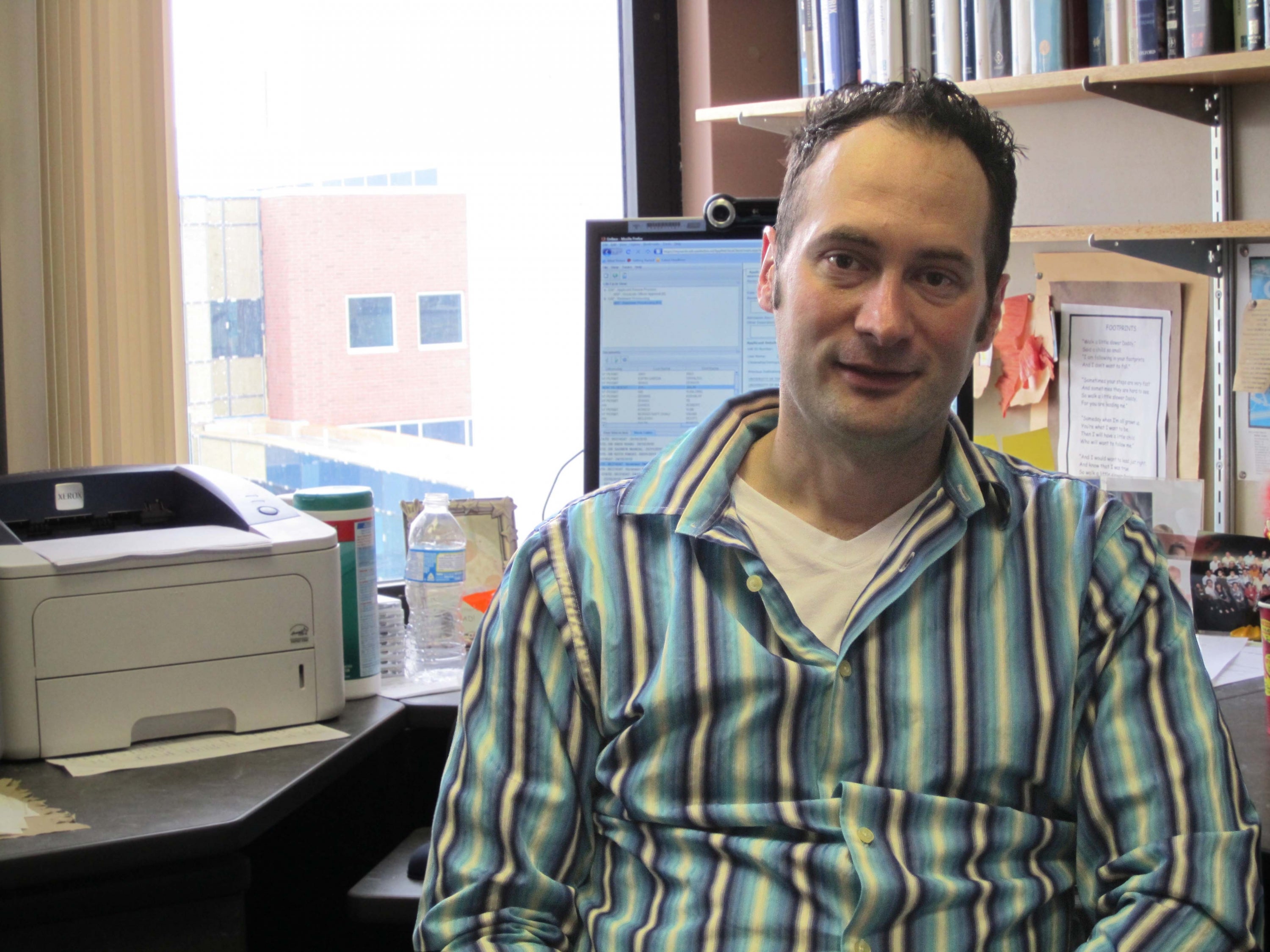
Though staying in the general area of applied probability, Steve’s focus expanded once he came to Waterloo as he discovered some his colleagues’ specialties. “When I got here in 2000, I noticed that a lot of the probabilistic techniques I used in queueing theory could be used in insurance risk modelling. Since several people here were doing insurance risk modelling, I kind of got into that and worked with a few of them,” he explains. Steve is now mainly interested in insurance ruin theory, which assesses the insurer’s risk of not having enough premiums to cover its clients’ claims. He is one of several professors in the department that explore topics that rest on the intersection of statistics and actuarial science.
In the classroom, Steve puts a lot of work in compiling a very clear and well-organized set of class notes for his students. He uses the UW-ACE education software for all of his classes to communicate with students and to post course materials and grades. He even once taught a course entirely through video conferencing, relying on PowerPoint slides and a tablet computer. Despite all the technology available to him, however, Steve ultimately prefers to keep his lectures straightforward, avoiding gimmicks. “I present my lesson and then I’ll do a problem in front of them on the blackboard without it being prepared ahead of time,” he says. “I’ll look at my notes before my class, but a lot of the time I just do it naturally. I ask the students to lead me along and feed me the next step to see if they understand the approach.” While Steve doesn’t dwell on it, it is this kind of spontaneous teaching that takes the most preparation to ensure that the lesson runs smoothly and all topics are addressed adequately.
Currently serving as associate chair for graduate affairs in his department, Steve also supervises two PhD students of his own. He believes that the main selling point of his particular department is its excellence in research, and with his own administrative and academic contributions, he strives to play a role in advancing it even further. “I think a lot of students – especially if you’re a graduate student – want to come to UWaterloo because there are many well-known people here that you can come and work with,” he says. Aside from Steve’s outstanding work in his field, the Department boasts government and industry research chairholders such as Richard Cook, Mary Hardy, and Gordon Willmot. There is also an ever-expanding list of young up-and-comers like David Landriault and Cecilia Cotton, who reveal a bright picture for the next generation of elite researchers here.
Steve is extremely active in various professional associations. He is a prominent member of the Canadian Operational Research Society (CORS), and even served as president in 2005. He is also involved in the American version of CORS, the Institute for Operations Research and the Management Sciences (INFORMS), as well as the Statistical Society of Canada (SSC) and the International Statistical Institute (ISI).
Reflecting upon his career, Steve can’t point to a single accomplishment of which he is most proud, but he clearly enjoys everything he does. He is very happy that he hasn’t been confined to one single area of study, having had the opportunity to examine practical and theoretical topics in both statistics and actuarial science. Soft-spoken and modest, Steve is quick to acknowledge his collaborators for his success. “I’m fortunate that I’ve worked with a lot of talented people over the course of my career, and I think that speaks well to the notion of collaboration. I think that people have enjoyed working with me, so much so that we were able to do some good work together,”